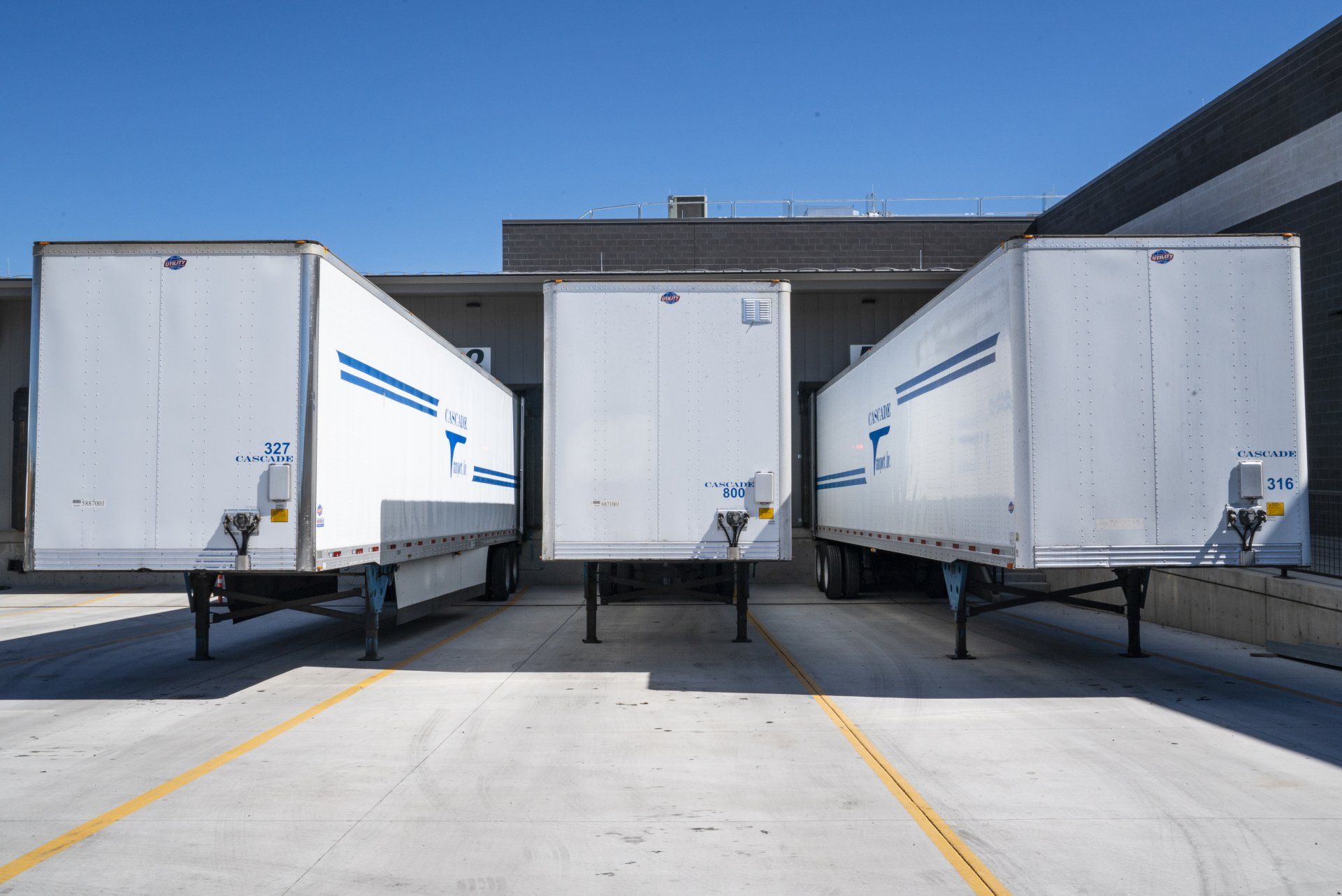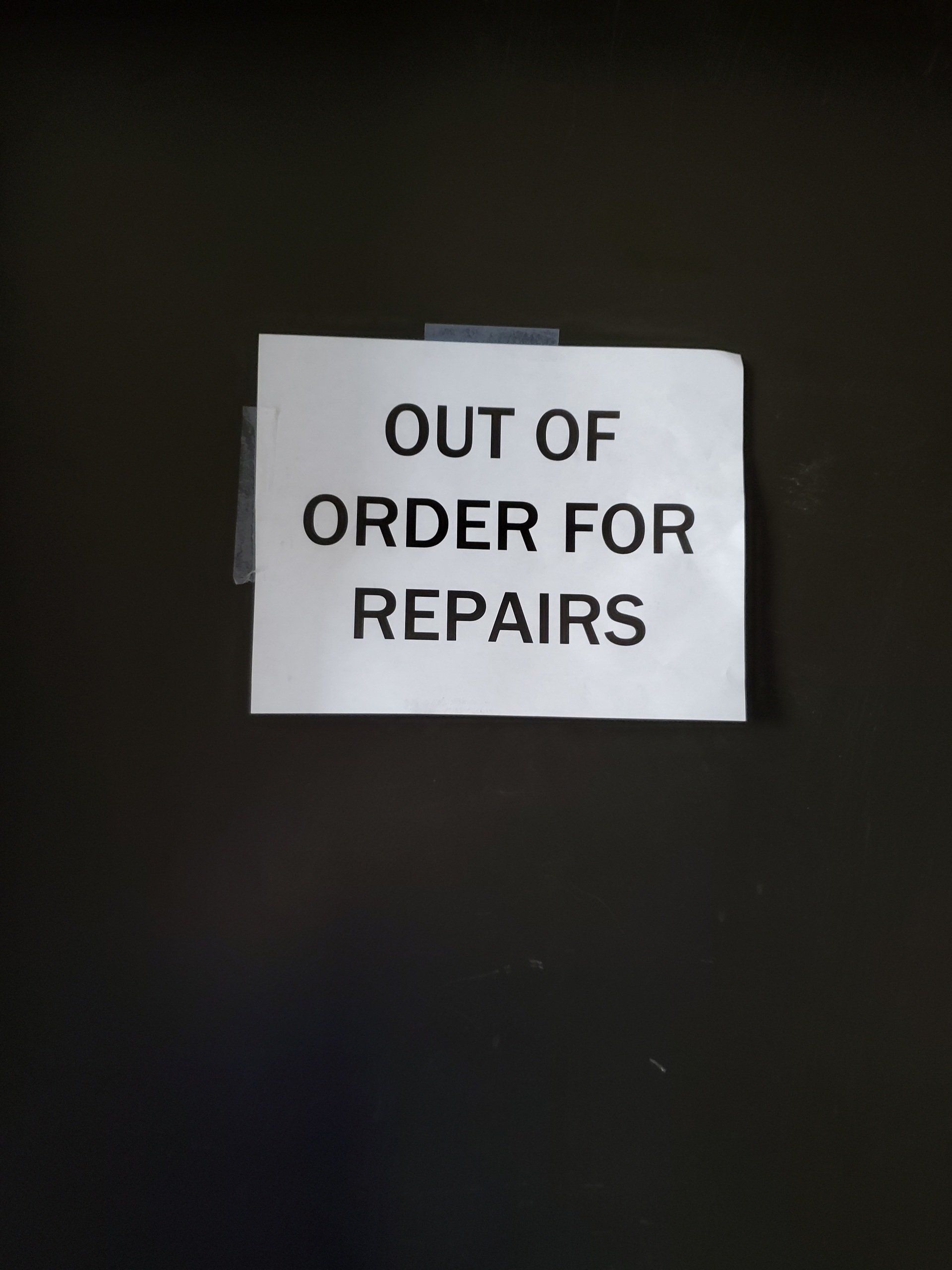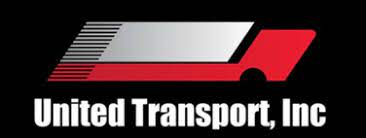FMCSA Violations
FMCSA Violations
FMCSA Violations
All trucking companies must comply with FMCSA regulations. These regulations fall into six categories: unsafe driving, hours-of-service, controlled substances & alcohol, vehicle maintenance, driver fitness and hazardous materials. These are all areas that trucking companies are continually monitoring.
When FMCSA does an audit they are reviewing for many items and they often split them into categories of acute and critical. An acute regulation is a serious violation and a single non-compliance with this acute regulation is severe and requires immediate corrective actions by the company. A critical regulation is considered a non-compliant action that relates to a company's violation pattern. Many times this is recognized when the same violation is regularly on a company's FMCSA score.
In 2020 the top five Acute violations:
>allowing a driver to operate with a suspended or revoked license
>not having a drug and/or alcohol testing program in place
>not having a random drug and/or alcohol program in place
>allowing a driver with multiple licences to drive a CMV
>failing to complete the random drug/alcohol testing list
In 2020 the top five Critical violations:
>not using the appropriate method to record a driver's hours of service
>false report of a driver's record of duty status
>inquiries into past employers are not kept in the driver's qualification file
>operating a CMV not periodically inspected
>allowing a new driver to begin driving before the pre-employment drug screen result is received
Obviously, the acute violations are items that once they are reported the FMCSA will investigate immediately. The critical violations are a pattern of behavior for companies and if that pattern is not changed quickly the FMCSA can find cause to audit the company.
There are ways to ensure that your company is responding appropriately to inspections when these violations are discovered and reported. The main avenue is to ensure that drivers are doing their pre and post-trip inspections and that they are reporting items that need to be fixed and are having items fixed right away. Communication among drivers, dispatch and maintenance are critical to keeping the fleet running in an efficient manner.










